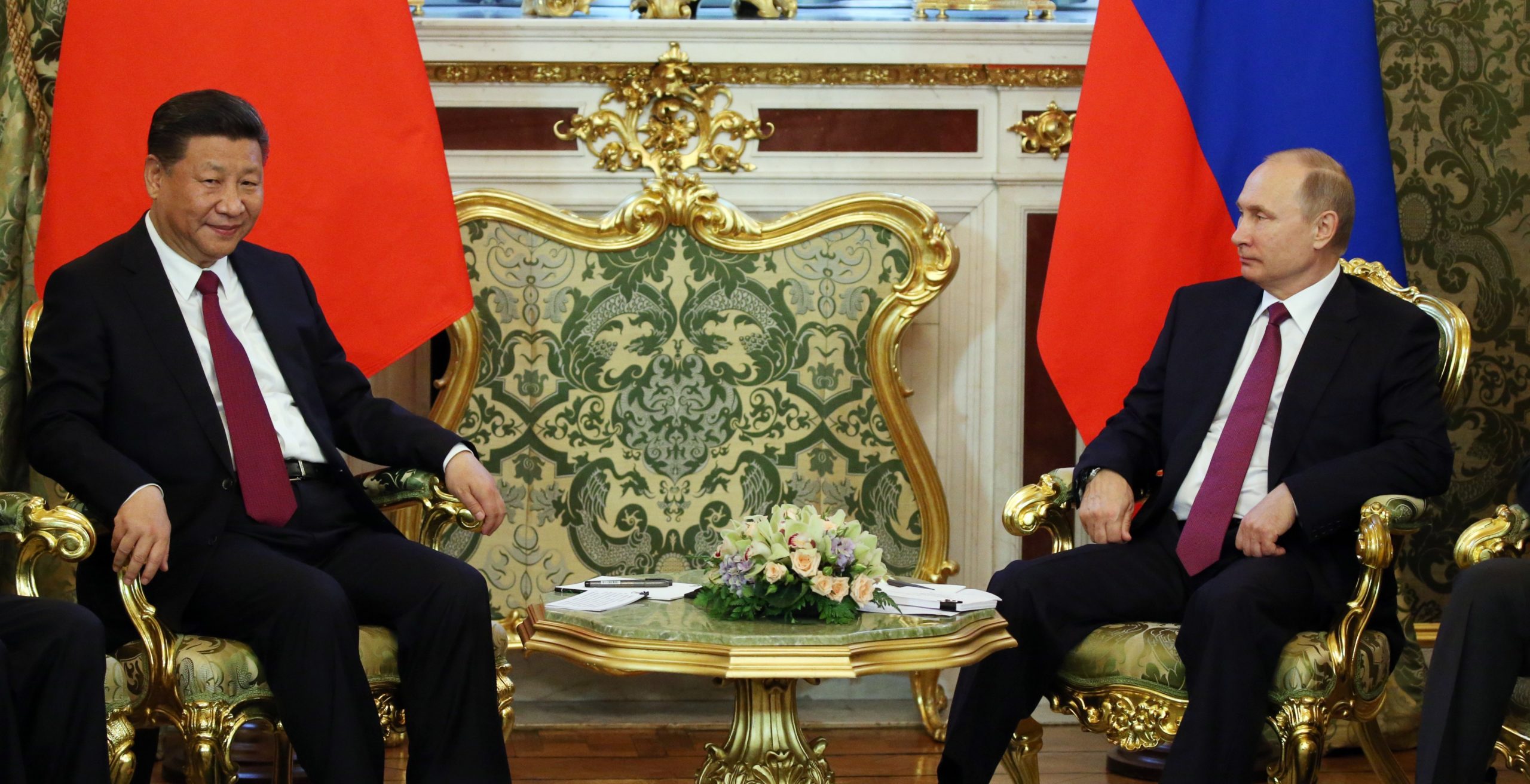Slowly but surely, China is playing a more central role in the Ukrainian crisis. After initially supporting Putin’s invasion of Ukraine, China has since made it clear that it wants a diplomatic resolution. Fearing that overt support for Russia may incur secondary sanctions on Chinese institutions, Beijing signalled that it was ready to play a role in securing a ceasefire, saying that it “deplored” the ongoing war.
But even before the recent conflict with Ukraine, Russia and China had begun to elaborate a much broader alliance in terms of trade, mutual development assistance, fixed investment, technological cooperation, and the like. The Chinese yuan and ruble denominated transactions have grown significantly year-to-year, which will increase now that Russia has been barred from using the US-controlled SWIFT financial settlement system.
As the euro, South Korean won and other major currencies have been sliding during the intensifying conflict in Ukraine, the yuan is increasingly growing as a “safe haven” currency — a role hitherto dominated by King Dollar. In the mean time, China’s Cross-Border International Payments System (CIPS) is moving to replace SWIFT for Russian trade financing. As economist David Goldman noted recently in the Asia Times:
This will not come without some short-term cost to Beijing if the US chooses to impose sanctions on Chinese banks, but longer term SWIFT’s days as a monopoly are coming to a close. Even though SWIFT manages $400billion of daily transactions to CIPS’ $50billion, CIPS volume has been growing rapidly. If anything, the Ukraine conflict and the accelerating expansion of trade with Russia will further increase the size of CIPS, which will be a viable alternative to nations who would otherwise be vulnerable to Washington’s dictates.
Certainly, as global polarisation increases, China will be less likely to submit reflexively to the current dollar-centric monetary system. If anything, the guarantee of a vast new source of oil, gas, and other strategic commodities from Russia will help to address China’s longstanding comparative disadvantage in these areas relative to the US, who have basically frittered away their unique period of dominance in the immediate aftermath of the Cold War. Whatever the ultimate outcome of the war in Ukraine, it will almost certainly accelerate the ongoing shift of power from Washington to Beijing.











Join the discussion
Join like minded readers that support our journalism by becoming a paid subscriber
To join the discussion in the comments, become a paid subscriber.
Join like minded readers that support our journalism, read unlimited articles and enjoy other subscriber-only benefits.
Subscribe